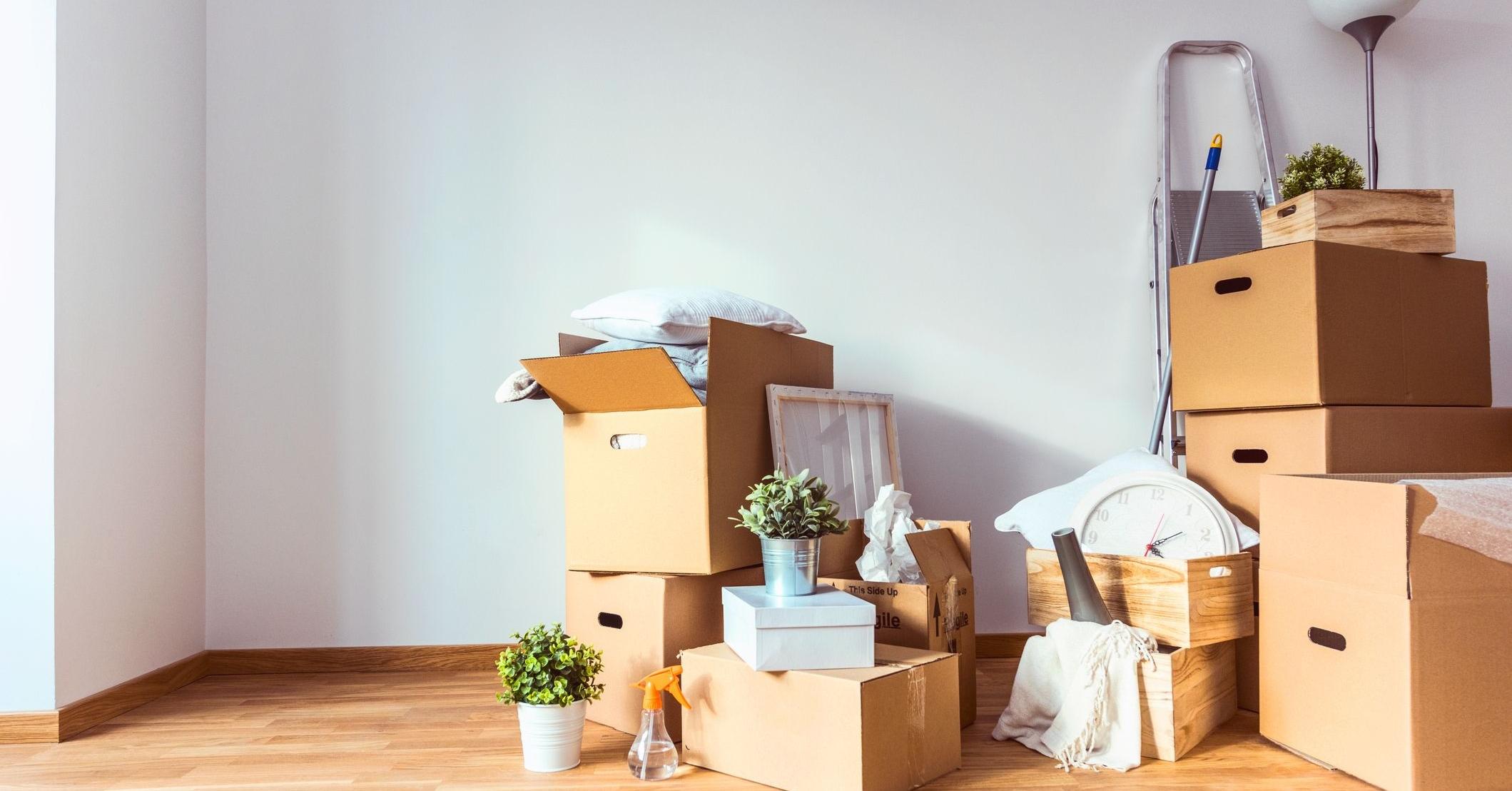When it’s time to move to a new home, many face the daunting challenge of packing up their lives efficiently. A seamless shift depends on thoughtful packing, where every item has a designated spot and available space is maximized.
Key Takeaways:
- Systematic decluttering can simplify your packing process and give you a mental boost.
- Using suitable packing materials and techniques is crucial for protecting your belongings.
- An unpacking plan is as vital as a packing plan for quickly settling into your new home.
Understanding Your Belongings
It all starts with an insight into what you own, sorting through every article from the attic to the basement. This assessment lays the groundwork for an organized move, determining your steps. Sell or donate items that won’t have a place in your new home or have outlived their use to you. Decluttering is an essential stepping stone to efficient moving and can also be a significant mental relief. A lighter load means a smoother transition and a cleaner slate to build your new living space.
By taking a systematic approach to this task, you can save on moving costs by reducing the bulk of your possessions and engaging a professional moving company with a well-organized load. Following a well-outlined strategy can help alleviate the stress often associated with moving.
The Right Supplies for the Job
The adage “the right tool for the right job” also applies to packing materials. Picking out the correct boxes is just the start; you’ll need packing paper, bubble wrap, marker pens, and plenty of tape. Heavy-duty boxes can handle your books, while your beloved china may require specially designed dish pack boxes. Adequate materials can mean the difference between items arriving intact or in pieces. Also, consider the environmental footprint of your move; opting for biodegradable packing peanuts or renting reusable crates can be small steps toward a more sustainable move.
Techniques for Packing Fragile Items
Prized possessions like family heirlooms, fine china, or glassware require special attention. Beyond wrapping them with enough padding, meticulously packing them in layers of cushioning material is critical. Clearly labeled boxes with descriptive warnings such as “Handle With Care – Fragile” or “Top Load Only” will communicate the need for gentleness to everyone, from family members to professional movers.
Maximizing Box Space
This is done to avoid moving that might cause breakage in addition to making the most use of available space. Aim for a close fit, but avoid overpacking since this might result in hefty, difficult-to-manage boxes or, worse, ones that could explode. The ideal is to strike a delicate balance – neither overfilled nor underutilized – ensuring the contents are neatly secured, and there’s no wasted space.
Efficient Packing for Clothes and Fabrics
Clothing can take up more space than you might think, especially bulky items like winter coats or cumbersome bedding. Space-saving bags that you can vacuum seal reduce these to a fraction of their size. At the same time, specialty wardrobe boxes provide an easy way to transport hanging garments, saving you the hassle of ironing everything upon arrival. Soft items can also double as cushioning material, ingeniously protecting more delicate pieces during the move.
Electronics and Appliances: Keeping Them Safe
Electronics and appliances present a unique challenge due to their sensitivity and sometimes cumbersome size. If possible, repack them in their original packaging, designed to keep them safe. Alternatively, secure them in boxes with plenty of cushioning material, and remember to label each cord and take pictures of the setup before disconnecting. Once at your new place, these photos will save you time and frustration during reinstallation.
Strategic Loading and Unloading of the Moving Truck
The order in which you load items into the truck can make or break the ease of your move. Start with the less necessary items and work towards those you will need immediately upon arrival – like a change of clothes or a coffee maker. The ‘last in, first out’ principle works wonders here. Everything should be strapped down tightly to avoid movement during transit, protecting against damage and potentially dangerous shifts.
Post-Move Unpacking: Establishing a New Home Quickly
Finally, unpacking in your new home should be an organized affair. While it’s tempting to rip open boxes haphazardly to find what you need, a systematic, room-by-room approach will reduce the chaos and help you settle in more comfortably. Rest can be elusive during the upheaval of a move, and the accompanying stress is a common phenomenon.

